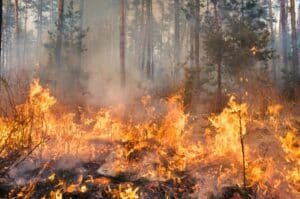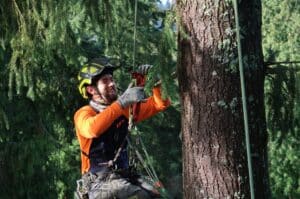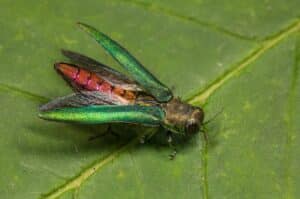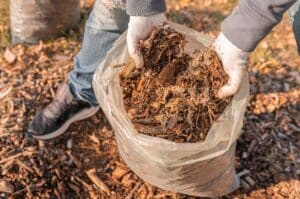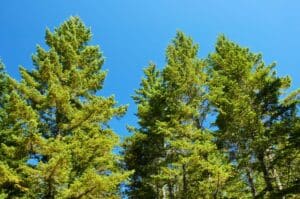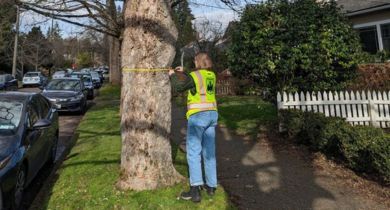Landscape Fertilization: A Homeowner’s Guide
Trees and shrubs need fertilizer, but at the right time, say Washington-based tree care experts. How to use Fertilizer for Healthy Trees and Shrubs There is a lot of information out there about the best way for a person to keep their yard in the best possible shape. Unfortunately, sometimes
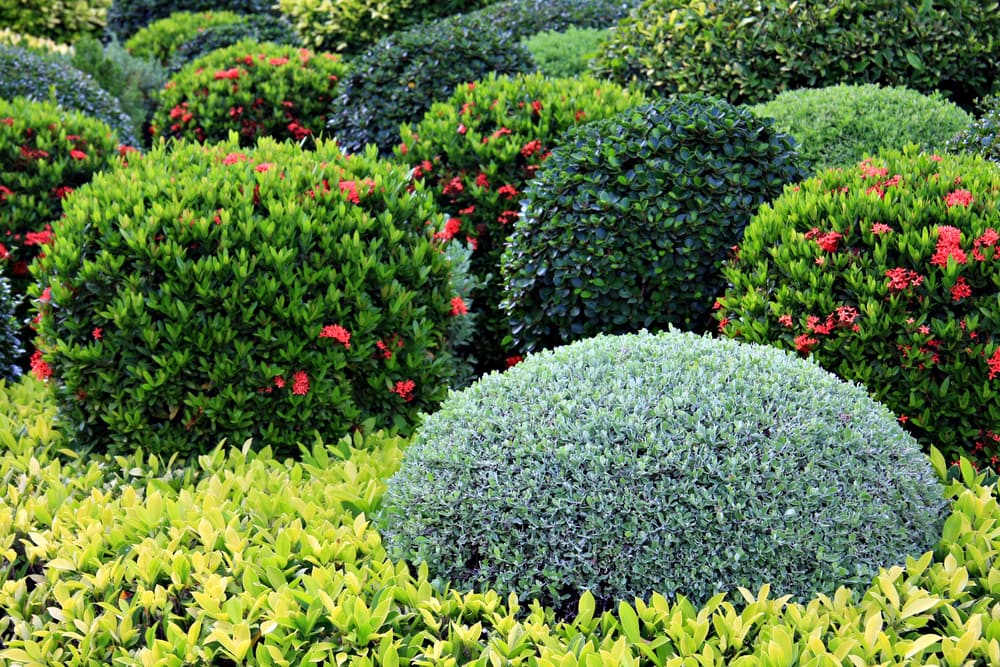
Trees and shrubs need fertilizer, but at the right time, say Washington-based tree care experts.
How to use Fertilizer for Healthy Trees and Shrubs
There is a lot of information out there about the best way for a person to keep their yard in the best possible shape. Unfortunately, sometimes sources of this information conflict with one another. While most gardening resources share the belief that fertilizer is a good thing for gardens, lawns, and trees, they often disagree on when and how to add nutrients to the soil.
This article will not settle this debate but it will provide the home gardener with the basic information they need to get started.
The Components of Fertilizer
Fertilizer is a substance used to replace soil nutrients and feed plants for better growth and production. Fertilizer helps plants and trees produce more and larger fruit than they can produce with water and sunlight alone. Whether it’s produced in a chemical lab or taken from natural sources like compost or manure, fertilizer mimics the process of decay found in nature. It improves on this process of nutrient replenishment by honing in on three essential elements: nitrogen, potassium, and phosphorus.
These three nutrients act as catalysts for different areas of growth in a plant. Nitrogen gives extra growth to the visible plant and helps the plant produce chlorophyll, enhancing the green shade. Potassium is helpful for strengthening stems and roots. Phosphorus increases fruit and flower production.
Why Your Plants and Trees Need Fertilizer
The benefits of fertilizer come in its very definition. It creates more fertile and vibrant plants and adds back to the soil as nature intended. Soil sapped of nutrients is of no use to anyone. Practically speaking, plants need nutrition to thrive just as animals do, therefore fertilizer is important.
Below are a few examples of the plant health care benefits that come from fertilizer use:
- Stronger roots
- Drought resistance
- Disease resistance
- Bigger, better fruit
- Healthier flowers and leaves
When and How to Use Fertilizer
Now that we’ve established that you should be using fertilizer, let’s talk about how to use it. Here are some tips for using fertilizer:
- Timing: Choose the right season. It’s best to fertilize a plant in late fall, before the first freeze, or in early spring prior to the heavy growing season. This gives the plant nutrients when it needs them most.
- Balance: Use a balanced mix that has all three of the necessary elements (nitrogen, potassium, and phosphorus) in equal amounts, unless your plant indicates a particular need.
- Patience: Don’t fertilize when planting a new tree or plant. This can damage the roots instead of helping them. Wait until the tree is established (about a year of growth) before fertilizing.
- Spread out: Distribute fertilizer evenly to the edge of the tree canopy. The roots tend to mirror the branches so this ensures all roots get nutrition.
- Water: Give the ground a good soaking post fertilizer placement. This gives the nutrients a chance to get to the roots deep in the soil.
- Consult an arborist: If you are still intimidated about choosing or applying fertilizer, call in an expert. They are more than happy to help.
About Seattle Tree Care
Seattle Tree Care cares about more than just trees and tree trimming, we care about our clients. That is why we have been offering excellent 24/7 emergency service and a wide variety of tree health care options since 2007. Call us today for a free estimate from our highly-trained, fully-insured staff: (206) 789-0534
Recent Articles
Looking for More?
We've got you covered with tips, resources, updates, how-to's, and other helpful information about trees and landscapes in Seattle, Puget Sound, and King County, WA. Join the thousands of smart local residents who get the monthly newsletter from Seattle Tree Care for helpful information you won't want to miss!
There's no spam - we promise! We are committed to keeping your e-mail address confidential. We do not sell, rent, or lease our contact data or lists to third parties.


